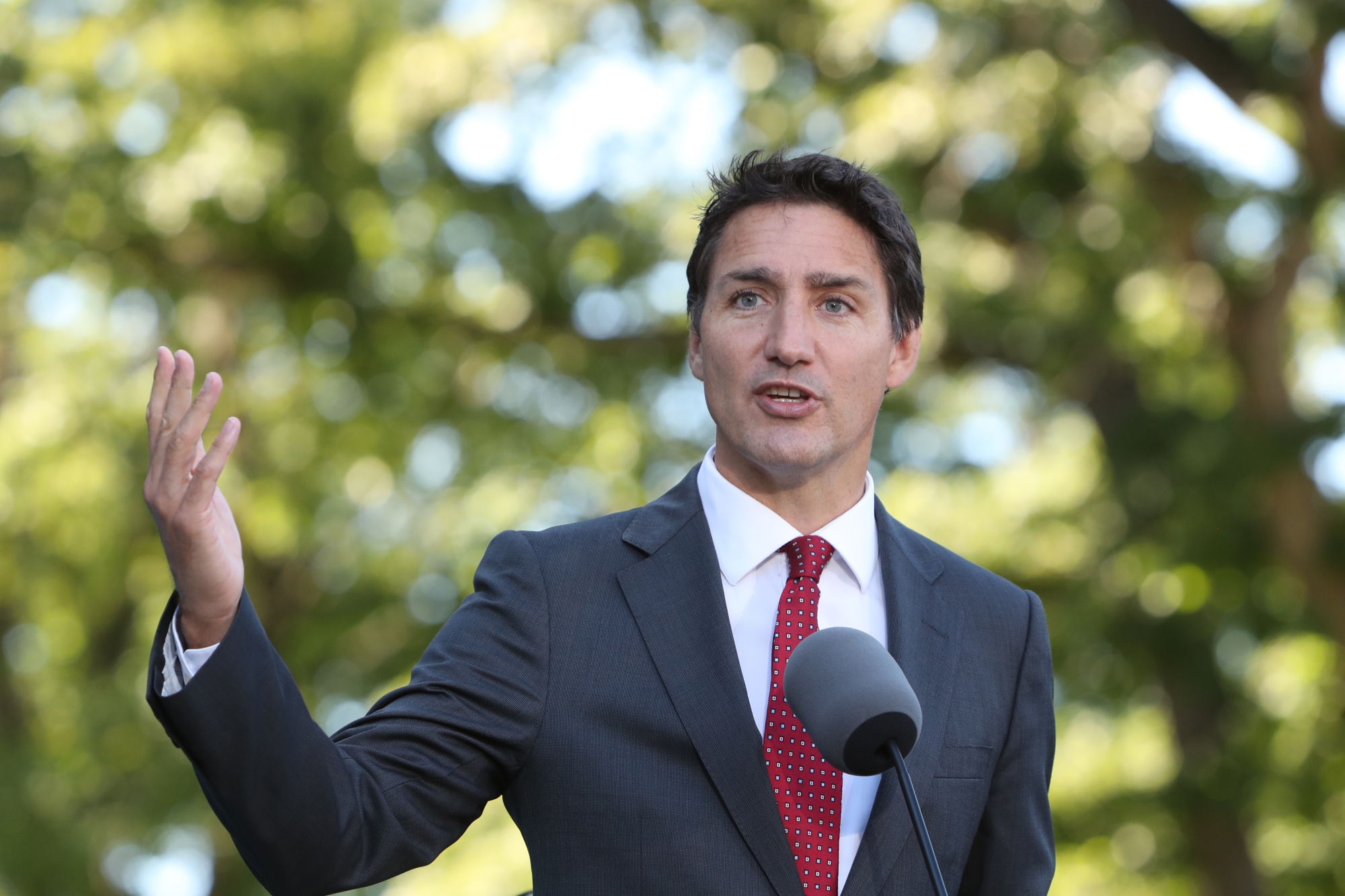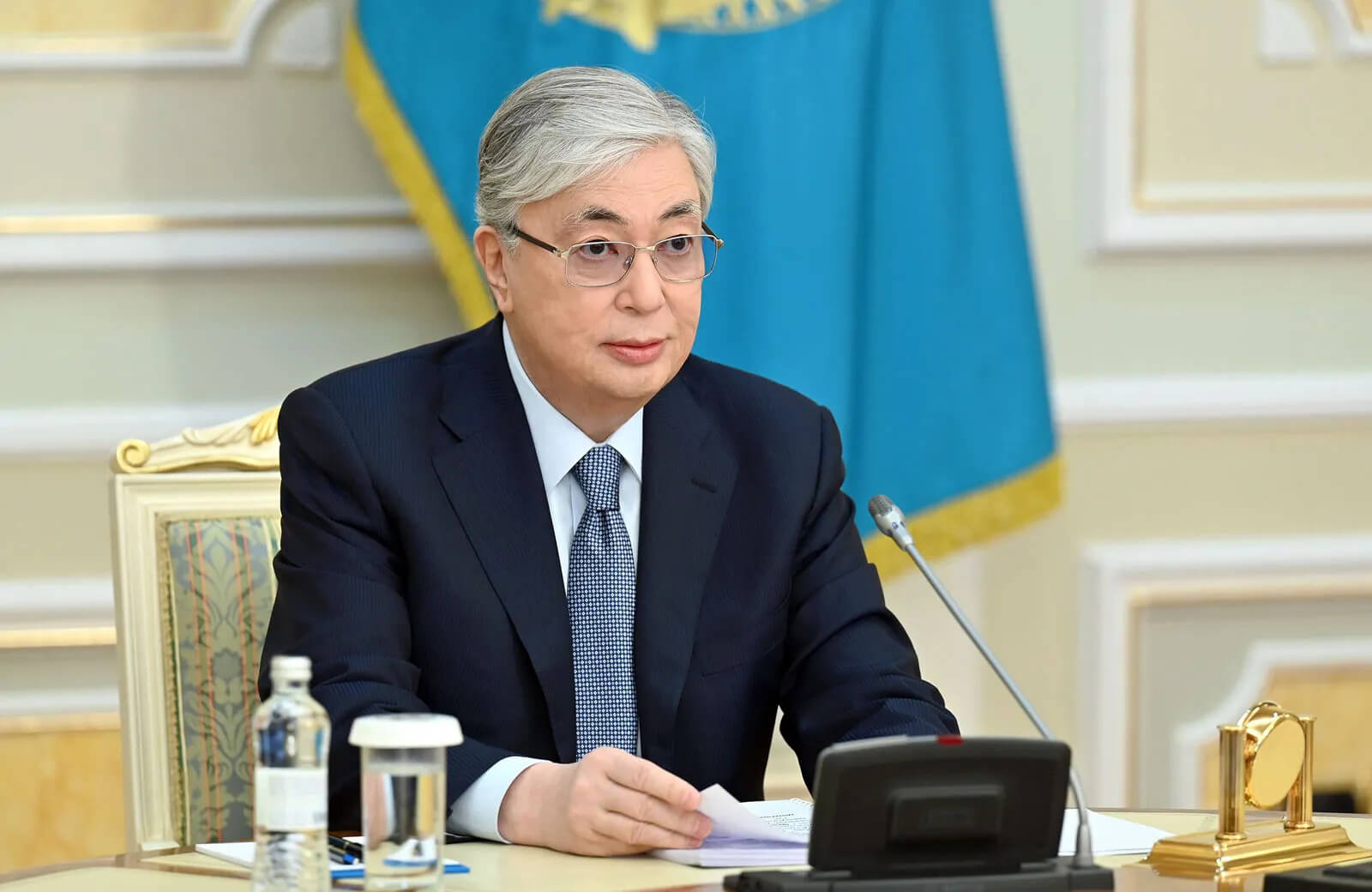South Asia
A blast in Khyber Pakhtunkhwa’s Swat injured several and killed five people, including one member of an anti-Taliban peace committee and two policemen. The local police said the attack was orchestrated by a remote-controlled device. [Geo TV]
Sri Lankan President Ranil Wickremesinghe launched a multi-faceted program to protect food security and nutrition in rural regions. The government said the aim of the project is to prevent food shortages and malnutrition, along with alleviating poverty. [Colombo Page]
Central Asia and the Caucasus
United Nations Secretary-General António Guterres on Tuesday expressed “deep concerns” about the renewed violence in Nagorno-Karabakh and urged Armenia and Azerbaijan to de-escalate the situation. The fighting erupted on Monday and killed about 100 troops from Armenia and Azerbaijan, which accuse each of provoking conflict and violating the ceasefire. [Anadolu Agency, Associated Press]
Kazakh President Kassym-Jomart Tokayev has approved a proposal to change the name of the country’s capital from Nur Sultan back to Astana. The proposal was made last by a parliamentary group. In 2019, Kazakhstan changed the capital’s name to Nur Sultan in honour of former President Nursultan Nazarbayev. [RFE/RL]
East and Southeast Asia
Philippines President Marcos Jr. said that he will steer away from his predecessor Rodrigo Duterte’s infamous bloody approach to the ‘war on drugs.’ In a recent interview, the leader said the country’s “war on drugs will continue, but we will have to do it a different way.” The new leader noted that his administration is “trying to formulate […] the best way for the rehabilitation programme.” He added that children would be educated about the ill effects of drugs, while his government would also work to provide proper treatment to addicts. [The Straits Times]
Yaita Akio, the chief of the Taipei Bureau of Sankei Shimbun, said in a Facebook post that Chinese President Xi Jinping had miscalculated and “made wrong bets in [the Russia-Ukraine] war,” for which he will “pay a considerable price.” He added that China’s “perverse actions” in Hong Kong, Xinjiang, and Taiwan will make it the next “common enemy of all people.” [Taiwan News]
Europe
Civil rights groups and opposition leaders have raised alarm about the arrest of anti-Royal protestors and its impact on freedom of speech in the United Kingdom. A civil liberties group Liberty said that the police have been given new powers that allow them to take concerning measures to curb protests. [The Guardian]
The World Health Organisation reported that 17 million people in Europe have been infected with long COVID since 2020. The organisation also said that women were more susceptible than men, with one in three women and one in five men reported to develop a prolonged COVID infection. [Politico]
Russian Ambassador to the European Union (EU) Vladimir Chizhov said Moscow would not “respond tit-for-tat” after the bloc suspended a 2007 visa facilitation deal that made it easier and more affordable for Russians to visit its visa-free travel zone. Calling it a “display of maturity and wisdom of our leadership,” he said that Russia will remain “open to those who want to come and see how Russians really live and what happens in Russia.” [The Moscow Times]
Latin America and the Caribbean
After three suspects were arrested for the attempted assassination of Argentine Vice President Cristina Fernández de Kirchner last week, National Security Minister Anibal Fernández on Monday revealed that another death threat had been received on the 911 emergency line. He called for reinforcing the police custody of the VP, stressing that “Nothing should be minimised because if you do it, then later you will worry about what you didn’t do when you should have done it.” [TeleSUR]
Venezuelan President Nicolás Maduro on Tuesday announced that he has accepted his Colombian counterpart Gustavo Petro’s invitation to be a guarantor in negotiations and a possible peace agreement with the rebel outfit National Liberation Army (ELN). Maduro expressed his support for“peace, security, and absolute stability” in Colombia. The peace dialogue is scheduled to begin next week, with Cuba, Spain, and Chile acting as the other three guarantors. [Venezuelan Ministry of External Affairs]

Middle East and North Africa (MENA)
On Tuesday, Turkey and Greece participated in an annual NATO military exercise called ‘Dynamic Mariner-Mavi Ballina 22’ amid heightened tensions. The dispute between the two neighbours recently escalated after Turkey sent a drilling vessel to the Aegean Sea for the first time in two years. President Recep Tayyip Erdoğan has warned of military action if Greece does not end its “occupation” of the Aegean islands. [Associated Press]
The Ukrainian military said on Tuesday that it shot down an Iranian drone used by Russia and released an image of its wreckage. The military claimed the unmanned aerial vehicle was a ‘Shahed’ suicide drone and failed to detonate on impact. In July, the United States warned that Iran was supplying Russia with hundreds of combat drones. [Times of Israel]
North America
In a “sensitive” diplomatic cable released on Tuesday, the United States has accused Russia of spending over $300 million since 2014 “in an attempt to manipulate democracies from the inside” in more than a dozen countries, including Ukraine, Albania, Bosnia, and Montenegro. According to the cable, Washington is now providing classified information to a few select countries in an effort to exchange “lessons learned, all to advance our collective election security, but also our election security here at home.” [Associated Press]
On Tuesday, Canadian Prime Minister Justin Trudeau announced that Ottawa will match every individual contribution to the Humanitarian Coalition up to $3 million for the Pakistan floods to help deliver emergency food and nutrition assistance, emergency cash and vouchers, along with necessary water, sanitation, and health services. He also announced an additional $25 million in humanitarian assistance in response to the impact of flooding in Pakistan, which has killed over 1,300 and affected about 33 million. [Global Affairs Canada]
Oceania
Australian Prime Minister Anthony Albanese assured on Wednesday that the paid pandemic leave scheme would remain in place until all states require COVID-19 patients to isolate. Albanese argued that until the government “requires mandated isolation,” it has “a responsibility to provide support.” “If people are sick whether from COVID, or from other health issues, they should not be at work. That is important,” Albanese said. [South Coast Register]
New Zealand is experiencing its highest annual food inflation levels in 13 years. According to Stats NZ, food prices increased by 8.3% in August, the largest annual increase since the global July 2009 financial crisis, during which prices spiked by 8.4%. Stats NZ spokesperson Katrina Dewbery said, “Increasing prices for eggs, yoghurt, and cheddar cheese were the largest drivers within grocery food.” Grocery food prices have climbed by 8.7%, while meat and fish are up 7.6%, and beverages by 4.1%. [The Guardian]
Sub-Saharan Africa
On Tuesday, African Development Bank chief economist Kevin Urama said that Africa loses 15% of its annual per-capita GDP growth due to the devastating effects of climate change and a shortfall in climate financing. He urged developed nations to adhere to their commitment to provide $100 billion in climate financing to developing countries, noting that “investing in climate adaptation in the context of sustainable development is the best way to cope with the impacts of climate change.” [Reuters]
On Tuesday, the World Food Programme’s Zimbabwe representative, Francesca Erldelmann, launched a $40 million “food deficit mitigation programme” to provide food aid for 700,000 people in Zimbabwe from October to March. A skyrocketing inflation rate of 285%, coupled with fertiliser shortages due to the Ukraine war and poor harvests, have caused severe food insecurity, with the WFP estimating that 3.8 million people could go hungry if grain stocks dwindle further. [New Zimbabwe]

